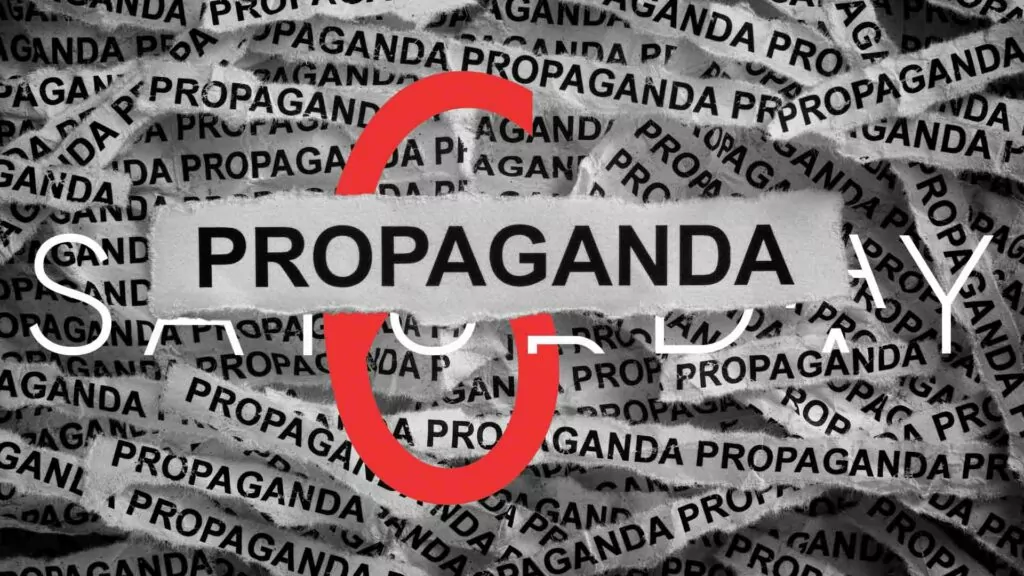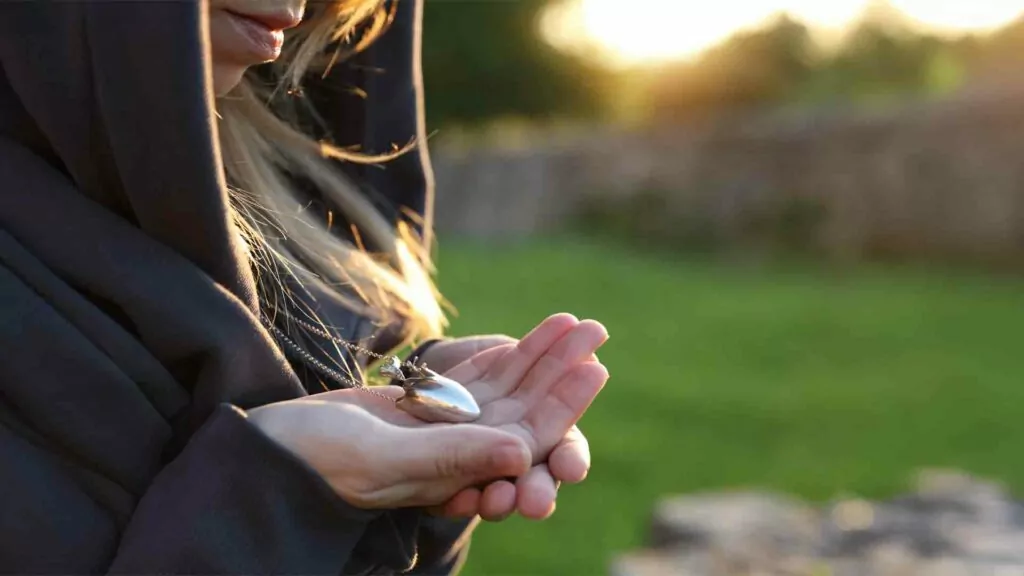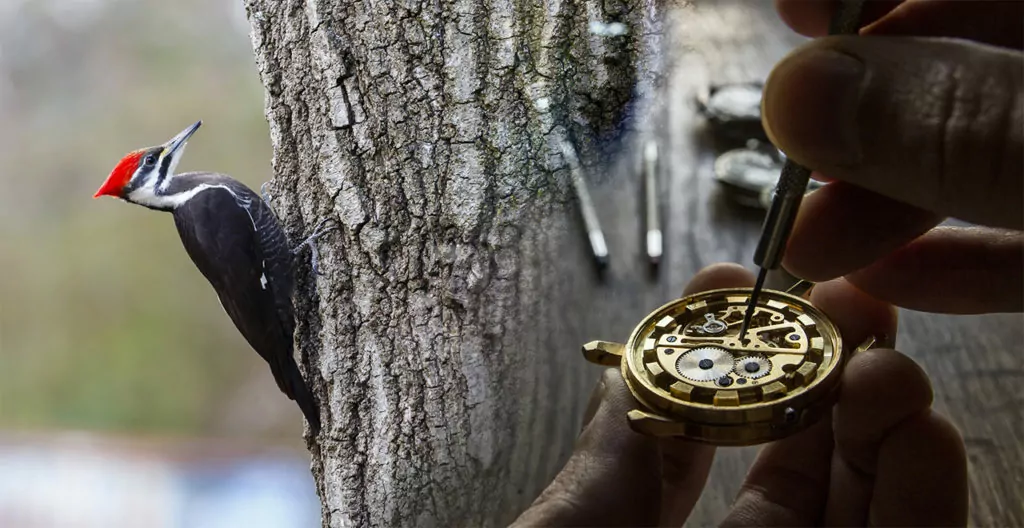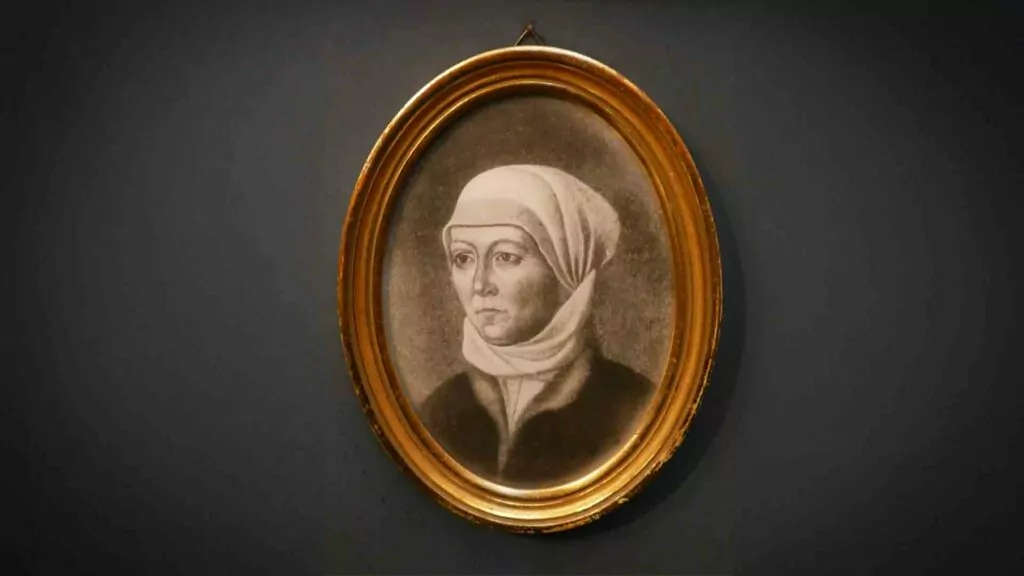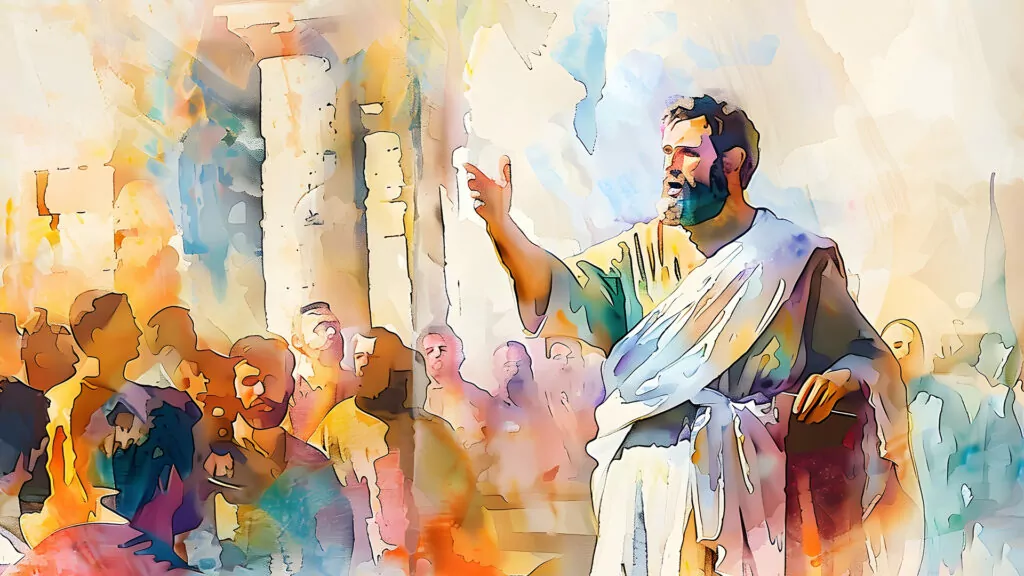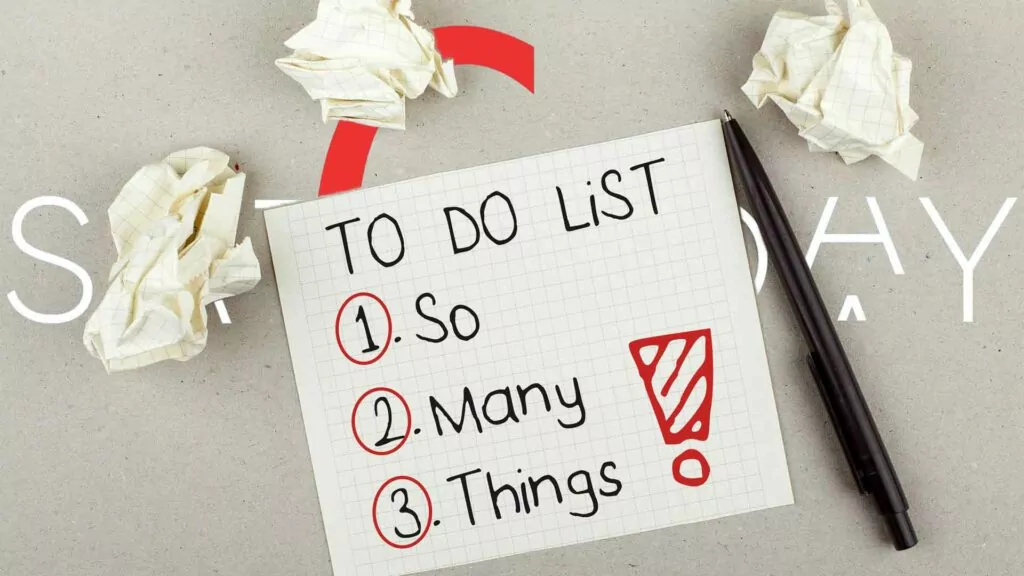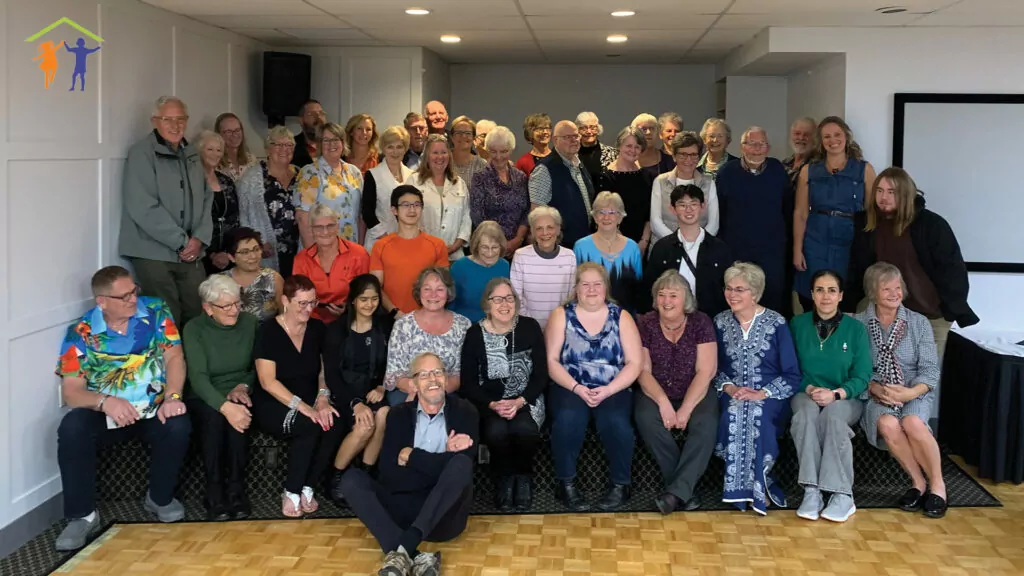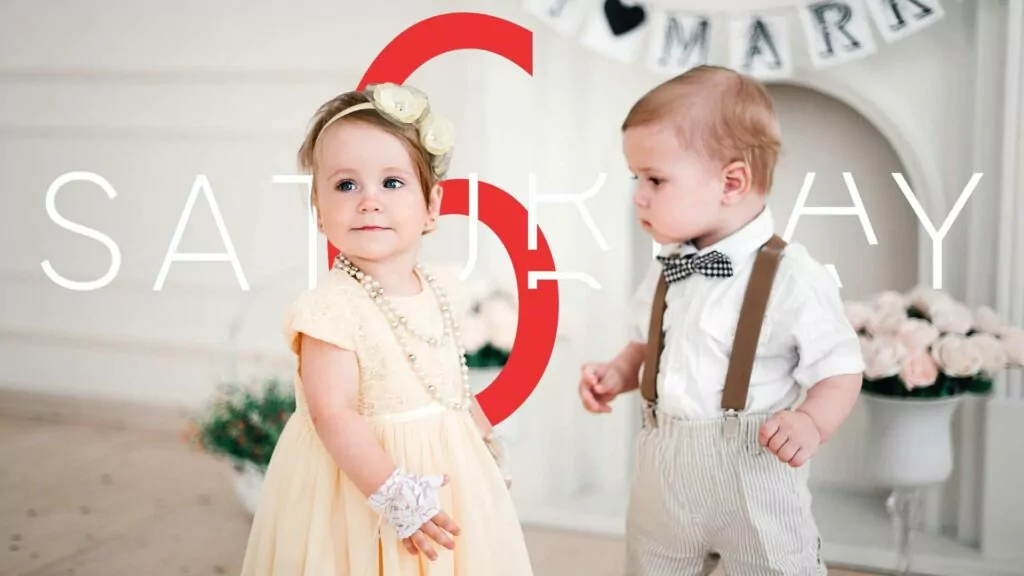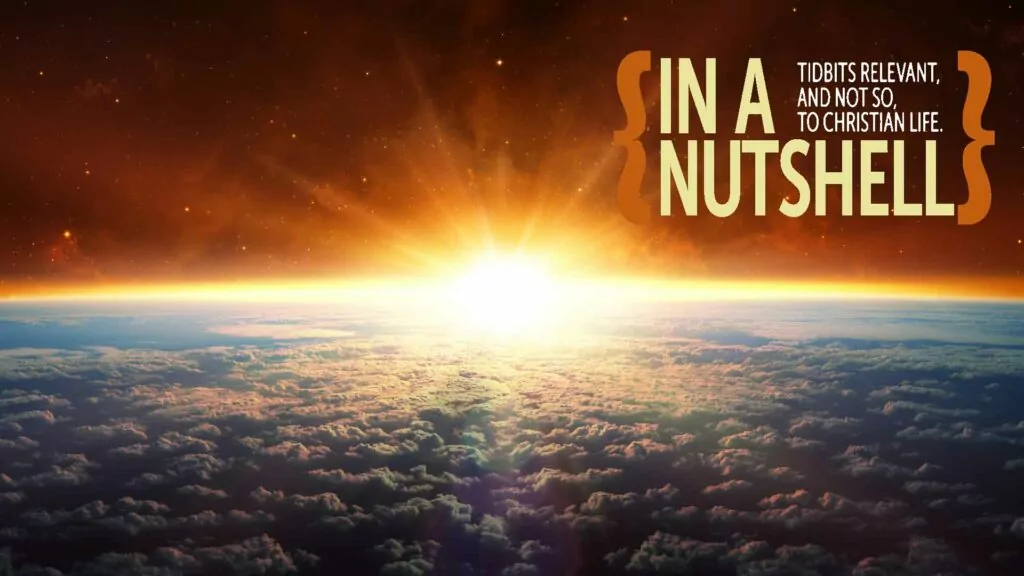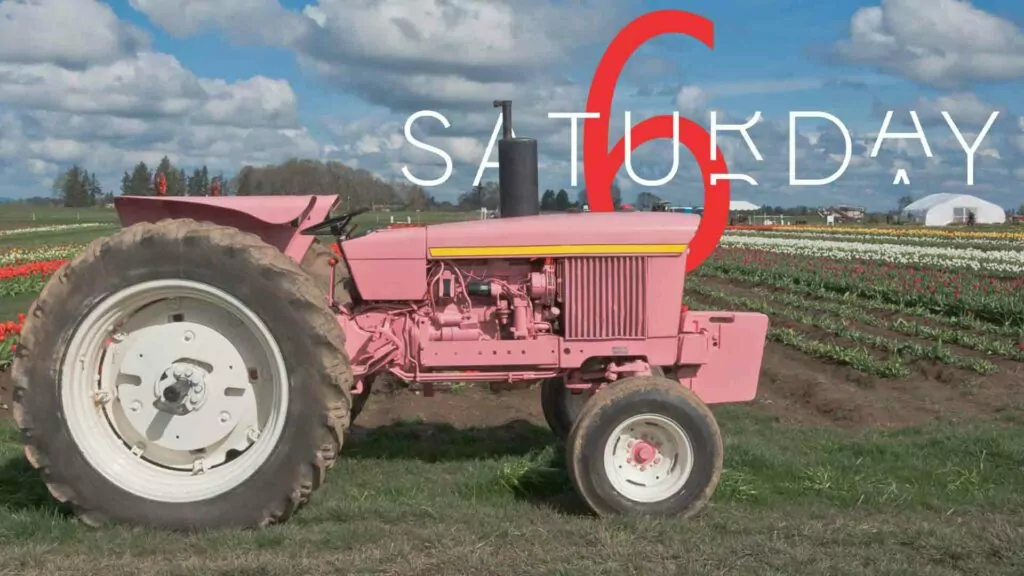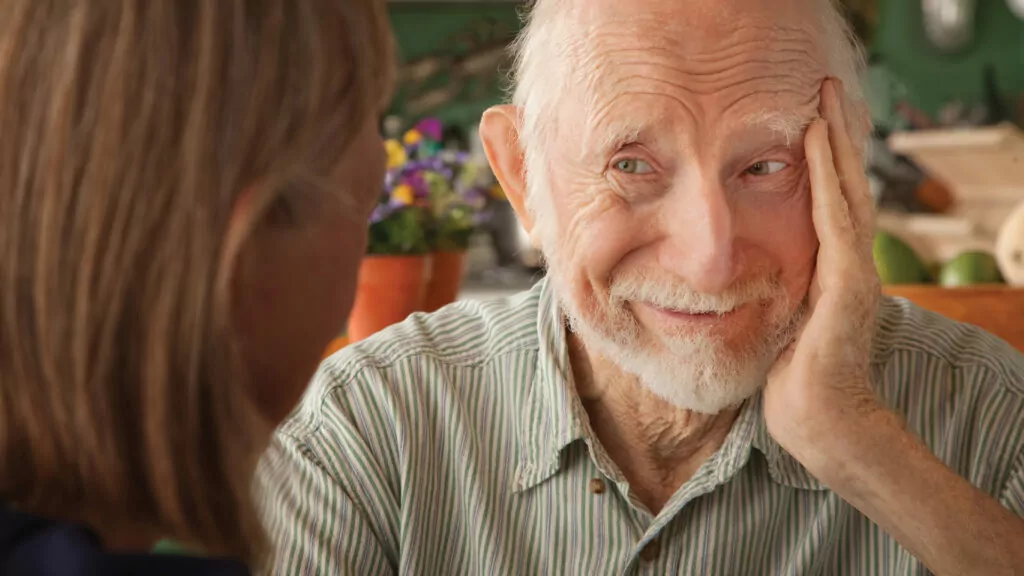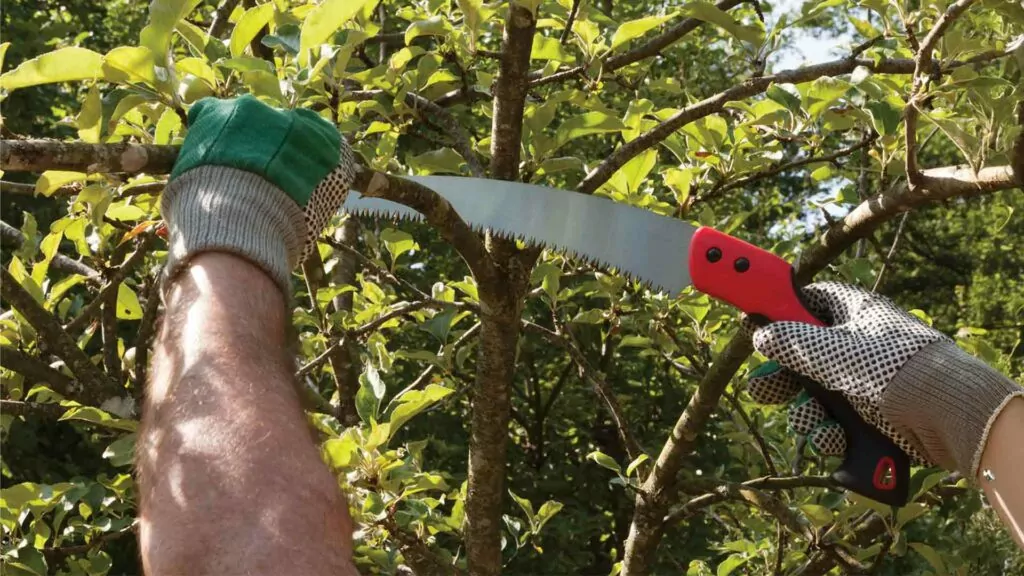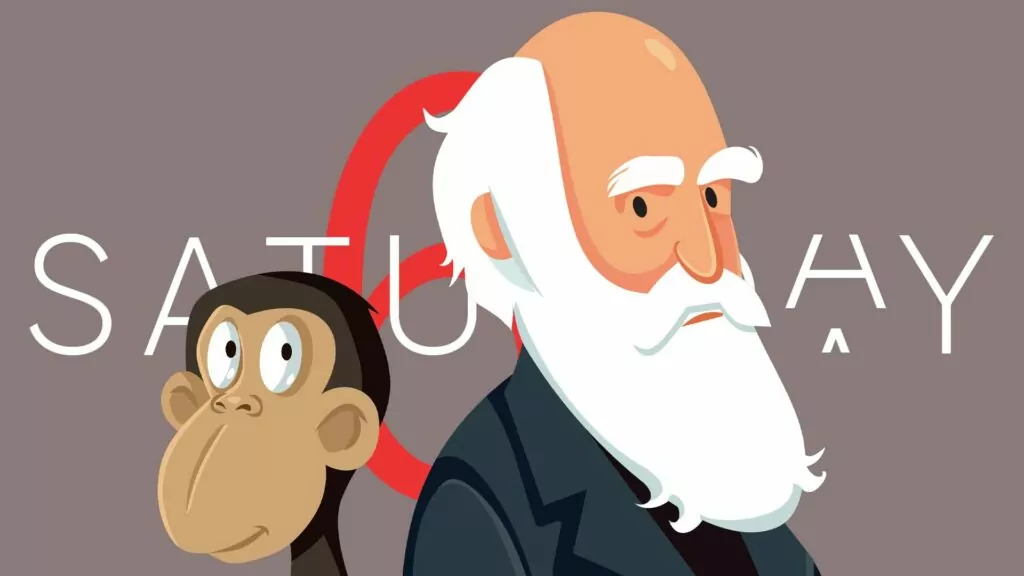Life in bloom: The gift of flowers
“Consider the lilies, how they grow: they neither toil nor spin, yet I tell you, even Solomon in all his glory was not arrayed like one of these.” - Luke 12:27
When God created the first humans, He placed them in a garden. So it’s natural enough that, since then, people have not only cultivated plants for practical reasons (food, medicine, clothing), but have delighted in the beauty of plants and flowers. Our love of flowers seems to be built into our DNA. In a sense, a garden is our natural habitat.
I was reading an article recently about all the ways flowers are good for us (which include lowering stress, improving mood, and boosting memory and concentration). The article quoted from a 2005 Rutgers University study that investigated why exactly humans have the seemingly innate positive relationship with flowers that they do – which is, after all, hard to explain from an evolutionary perspective. I was struck by how the researchers (with their evolutionary assumptions) seemed baffled as they summarized their findings:
“For more than 5000 years, people have cultivated flowers although there is no known reward for this costly behavior.... There is little existing theory in any discipline that explains the findings. We suggest that cultivated flowers are rewarding because they have evolved to rapidly induce positive emotions in humans...”
But what baffles evolutionists simply delights Christians, teaching us about our Creator. Surely our love for flowers points us to a God who made the world more extravagantly beautiful than it had to be, a God Who takes pleasure in His creation and invites His image-bearers to do the same. Surely flowers are one of His good gifts to humanity – a gift with many different facets.
Flowers are good for us
Flowers do more than bring us passing joy; their impact can go much deeper, offering benefits in a variety of ways.
Mental, emotional, and physical benefits
As the Rutgers study, among others, found, flowers are good for people – mentally, emotionally, and even physically. The positive response of humans to flowers seems to be universal, crossing age and gender lines, and going beyond cultural associations with flowers (for example, the idea of flowers as gifts representing affection or gratitude). As the Rutgers study summarized it,
“The presence of flowers triggers happy emotions, heightens feelings of life satisfaction and affects social behavior in a positive manner far beyond what is normally believed.”
Exposure to nature in general, and to flowers in particular, can contribute to many health benefits. Even the simple presence of a vase of flowers has been shown to reduce stress and increase wellbeing in studies of college-age women, male office workers, and hospital patients. Other research in multiple settings has shown that the activity of flower arranging can lower blood pressure and heart rate, and decrease stress, in participants (including the elderly and those struggling with mental health issues).
Theresa Brouwer and Christine VanEerde, sisters who own a flower shop in Fergus, Ontario (and who happen to be my cousins), wouldn’t be surprised by the results of these studies. “Being in the floral industry can be quite therapeutic,” they told me. “We get to be creative and expressive using God’s creation. To be busy with one’s hands, creating floral designs, is a great way to spend one’s day.”
The sisters agreed that flowers generally bring a lot of joy to their customers as well. “People typically leave the shop with flowers in hand and a smile on their face. Flowers tend to bring joy all around – whether it be the joy of giving them, or receiving them. To be able to assist others in ‘making their day’ is quite rewarding."
John and Margaret Helder at Muttart Conservatory, where John served as director for many years.
Horticultural therapy
John Helder is a horticulturalist with many years' experiences working as both the long-serving director of Edmonton’s Muttart Conservatory and greenhouses, and as the city’s Principal of Horticulture. He and his wife, Margaret, a botanist, appreciate flowers both personally and professionally. Their beautifully planted front and back yards bring smiles to the faces of many passersby; and John has seen first-hand the far-reaching benefits of flowers in his work.
“At Muttart , opportunity is provided for people to be exposed to and enjoy the beauty of plants of God’s creation. Many people come to relax and to be spiritually or emotionally refreshed in such a beautiful, calm setting.”
His work with the city of Edmonton also involved working with plants for social improvement.
“As Edmonton’s Principal of Horticulture, I worked with community beautification, school plantings, community gardens. Some projects were with various social agencies whose clients were helped through their volunteering in horticulture (planting and caring for floral beds) and using their activities for horticultural therapy.”
“Horticultural therapy” was a new term for me, and I was fascinated to learn more about it. This type of therapy is generally designed for people with physical limitations, mental illness, or other particular challenges. Working with plants can stimulate, engage, and bring joy and satisfaction, as well as give opportunities for beneficial socialization.
John described his work in helping establish community gardens and community planters in several low-income, troubled areas of the city. Over time he witnessed both personal and social growth for those who participated. Residents began to take pride in their neighborhood, interact more, and even support each other more (in one case by developing a cooperative babysitting service) as they built relationships and trust while working together. Community gardening was a catalyst with many ripple effects, providing “a non-threatening environment start to interact, socialize and counter their loneliness and grow as people.”
John also told me about a member of his church who lives at a seniors’ home which started making planters available for residents’ use. “A number of people now gather at the planters and chat, interact and enjoy the growing or just observing and enjoying each other’s company.”
Horticultural therapy can be a structured, formal activity; but everyone can benefit from growing or simply appreciating natural beauty. “In my mind, gardening, working with plants and soil, is enjoyable, and people should be exposed to horticulture from an early age to learn to appreciate flowers, plants, nature and beauty,” John concluded. He added,
“This also goes for music, the arts, literature, culinary arts, and in whatever other ways we can stimulate our senses and our talents, enjoy life and God’s gifts, and through our interests serve and share with others. As per Philippians 4:8: ‘Whatever is true, whatever is honorable, whatever is just, whatever is pure, whatever is lovely, whatever is commendable, if there is any excellence, if there is anything worthy of praise, think about these things.’”
Flowers teach us
Like all of the “book” of creation, flowers teach us about their wise and creative Designer. And we can learn other things from them as well.
Lessons from God’s Word
In the Bible, flowers are sometimes used as a metaphor to remind us of the brevity of life. As David soberingly put it, “As for man, his days are like grass; he flourishes like a flower of the field; for the wind passes over it, and it is gone, and its place knows it no more” (Ps. 103:15,16). Flowers remind us to “number our days, that we may get a heart of wisdom,” as Moses expressed it (Ps. 90:12).
Flower imagery in the Bible also gives us a vivid picture of the blessings God will pour out on His people: “I will be like the dew to Israel; he shall blossom like the lily; he shall take root like the trees of Lebanon; his shoots shall spread out.... they shall blossom like the vine” (Hosea 14:5-7). In Isaiah 58, when God promises restoration to His repentant people, He tells them, “you shall be like a watered garden” (Is. 58:11).
In Isaiah 35:1, the result of the coming of the Messiah is described as the bursting into bloom of a dry and lifeless land: “The wilderness and the dry land shall be glad; the desert shall rejoice and blossom like the crocus; it shall blossom abundantly and rejoice with joy and singing.”
These types of word pictures sink into our minds and hearts in a way that more dry, abstract teaching may not.
“Working and walking in my garden... reminds me of God’s goodness, blessings, and grace,” says Gina.
Learning experientially
Working with flowers can also teach us lessons, and help us experience truths, that we wouldn’t as easily learn in a less tangible way.
For myself, my (very small-scale) flower-growing is always a hopeful but also a humbling endeavor. So many variables are outside my control, and the final results are usually not quite what I’d pictured. When I do end up with vases full of vibrant flowers, I know I can’t really take any credit. The flowers from my garden – like so many of the good things in my life – truly are a gift.
Gina is one of the women in my church who enjoys growing and sharing flowers on a somewhat larger scale. She shared how working in her garden is a powerful reminder that she has a choice every day whether to focus on all the weeds – the difficulties and discouragements of life – or on the flowers, the beautiful blessings in the middle of the messiness.
“Working and walking in my garden full of flowers reminds me of God’s goodness, blessings, and grace,” Gina told me. “Just like life, my garden is chaotic, often a mess full of weeds. I can’t control the weeds or stop them from coming – they keep popping up – but in the midst of this messy garden I can see little patches of beautiful flowers growing.
“I will need to deal with the weeds and mess on a daily basis. Sometimes it can be discouraging or overwhelming to keep going. So it’s the flowers in front of me I choose to focus on – like beautiful rays of sunshine of God’s grace and goodness.”
Theresa and Christina, co-owners of Grand Floral, love helping their customers “say it with flowers.”
Flowers communicate & express
“Say it with flowers” is the slogan of Grand Floral (the Fergus, Ontario flower shop), and it captures this key communicative aspect of flowers. As co-owners Theresa and Christine explain:
“There are so many things you can express to others by giving flowers…. Gratitude, love, thankfulness and celebration to what may already be a joyous occasion. Expressions of sympathy or simply ‘thinking of you’ to lift someone’s spirits on a difficult day.
“Being able to help our customers convey this message to others is often a joyful task – either in meeting their needs or supporting them through any of these occasions. It is often through the difficult times (grief, loss) that we have the opportunity to provide a word of encouragement and support.”
Expressing joy and gratitude
Flowers have meanings, or can evoke emotions, which make them a beautiful way to express things like joy and thankfulness – also in the context of worship. Both the Old Testament tabernacle and temple included floral designs, and flowers can add a note of joy and vibrancy in our own churches as well.
My church has enjoyed beautiful bouquets and arrangements at the front for many years. Mrs. Lenie Noort provided these for well over a decade. “Going to church should be a joyful thing,” she told me, explaining that it’s natural to express that joy with the beauty of flowers. “I loved using the flowers God created to make His house beautiful.”
Kim sees her flower arrangements as a way to express and share gratitude and thanksgiving.
Several years ago, Kim Kieneker took over providing flowers for our church. Kim, who comes from a family of flower growers and arrangers, loves all things green and colorful; she’s always had a perennial garden as well as a vegetable garden, and enjoys growing as well as foraging for beautiful flowers and plants, and then using them in creative ways. “I love the soil,” she told me. “I enjoy beautiful and created things, I enjoy creating with them.”
As she described how she goes about putting together arrangements for the church, and her thoughts during the process, the words “thanks” and “thankfulness” came up often. Kim sees her work as a beautiful way to express, share, and inspire gratitude and thanksgiving in the congregation, giving glory to God for His bounty and blessings. “God gives us so much natural beauty around us,” she commented; “it’d be shame not to give a thank offering of it to Him.”
Kim often subtly integrates meaning into her arrangements. She likes researching the meanings of particular flowers, and also thinking about the church season and significant occasions or celebrations in the congregation. She finds it interesting how different people often see different things in her arrangements, and she loves giving people something to reflect on.
For example, in her arrangement for Good Friday last year, she made use of palms (looking back to Palm Sunday), thorns (representing the crown of thorns, “but pulled apart to recognize that Jesus no longer wears the crown of thorns”), white lilies (which are often association with Christ’s resurrection), and yellow forsythia (which evoke hope, joy, anticipation, and the coming of spring and new life). Even if we don’t consciously make all these connections, we as members of the congregation often experience an emotional response and are given something to ponder.
More simply, some Sundays Kim just enjoys providing “seasonal bouquets from nature” – many of which she gives away to church members at the end of the day. She loves foraging for plants and flowers, wherever she happens to be – “I always keep a pair of rubber boots and a pruner in my vehicle” – and delights in creating from what she finds.
Kim is drawn to asymmetrical designs and interesting shapes, finding beauty in the natural “quirkiness” of nature, rather than aiming for stiff, static perfection in her arrangements. Often the results are a bit unexpected or whimsical; I loved the flowers arranged inside a pumpkin last fall, and the blueberries peeking out of a bouquet early last summer when they were in season.
“Sometimes it’s hard to find a way to use your talents and passions in a special way to serve in the church,” Kim commented. In her case, providing weekly flowers has been a beautiful and rewarding way for her to do just that.
Flowers connect us
Finally, flowers can connect us – with our roots, our families, and with our neighbors – sometimes in wonderful and unexpected ways,
Connecting the generations
My parents grew (and still grow) big, beautiful dahlias, while my father-in-law introduced me to colorful, sturdy zinnias. Both flowers have become standbys for me, and I enjoy how they remind me of people I love. And, although I’m several generations away from the Netherlands, I have a soft spot for tulips and like seeing these bright little reminders of generations of flower lovers before me.
Similar experiences were shared by many people I talked to. As Theresa Brouwer remembered,
“My Oma always had windows full of plants, and took such good care of her gardens. I spent a lot of time there and must’ve picked up on her love for ‘everything nice.’”
Her sister Christine VanEerde felt the same way. Even before working with flowers at Grand Floral, she always had a love for them; “Often you could find fresh cuts on my table after a grocery run.”
Mrs. Lenie Noort also reminisced about her flower-growing family when we talked. She says she inherited her love of flowers from her mother: “After the house was cleaned up, then the flowers went on the table. A table without flowers was nothing.”
Gina has also found flowers to be a wonderful way to connect the generations. Her young granddaughters enjoy working in her garden with her, and Gina has especially loved helping them pick and prepare flowers as gifts for other family members. Gina described the rewarding feeling of
“seeing the joy in whole being when she picked, arranged, and wrapped up a bouquet to give to her great-grandmother. I realize I am passing on the joy of giving. The anticipation of thoughtful giving by choosing the flowers from the garden, arranging them into a bouquet, wrapping them up and seeing the smile of the person receiving your hand-picked gift – it’s worth more than words can describe.”
Henk and his daughter Shelley planting dozens of their yearly baskets together.
In Henk and Ginny Vanderhorst’s family, planting baskets together in spring has been an all-day father-daughter tradition for twenty-five years now (although, with one of the two daughters having moved away from Langley, BC, where her parents and older sister still live, the tradition has changed over the years). The sons of the family don’t participate, and Ginny understands that, although she is politely welcome to bring coffee, it’s “dad and daughter” time.
Preparations begin several weeks ahead of time, as the three visit favorite nurseries and select a variety of plants and flowers, which they’ll later share and exchange with each other. Back at the parental home on the designated planting day, the three use the back of Henk’s truck as their work surface, putting together countless planters and baskets – enough for all their homes, and often a few to give away.
The running joke is that, while shopping for their plants, they “didn’t go over budget” – mainly because they didn’t have one.
Some things are priceless.
The Helders’ frame-worthy front yard, which features a diversity of ground cover, flowers, and shrubs, gets a lot of attention.
Connecting with our neighbors
The beauty of flowers and plants can also connect us to neighbors and even strangers around us. John and Margaret Helder have found that their beautifully planted (and unfenced) property has become a draw for acquaintances and passersby alike.
At first, this “sharing” of their yard and garden was unintentional; “we never thought of fencing our yard because I (a cheap Dutchman) thought a fence to be an unnecessary expenditure,” John told me with a smile. As well, the couple liked having an open play area for their children (and a small collection of outdoor pet rabbits, pigeons, and a chicken), connected to the municipal grassed walkway and treed berm behind their property.
“As the grassway became more popular for residents, our menagerie became a popular destination for the neighborhood: little children with parents, as well as school and child-care groups,” John explained. Over time, as their yard matured and the Helders made various changes and additions, including adding an experimental rain garden, “people continued to stop by.” A number of years ago, as part of a more dramatic makeover, they replaced all the grass in their front yard with “a wild diversity of ground cover, flowers and shrubs.” Especially in the spring, when all the front bulbs were blossoming, “we got a lot of attention,” John told me.
Eventually the Helders started “sharing” their property in more deliberate, organized ways: “Along with the general public, school and summer camp groups stop by and learn about plants, composting, our rain garden, etc. We have invited specific groups to our garden as well” – including sending out an impromptu invitation to their congregation for a “yard open house” this past summer.
“Many people enjoy our property and chat with us about our garden,” John concluded. “The conversations lead to a wide diversity of topics well beyond flowers and plants.”
Connecting in Covid
A unique example of connecting with the community through flowers took place in southern Ontario in the spring of 2020, during the first of the Covid lockdowns.
During the “Covid spring” of 2020, the Ravensbergens’ full greenhouses (shown here this past February) called for creative solutions.
Many wholesale florists, including P. Ravensbergen & Sons in Smithville, Ontario, found themselves with greenhouses full of flowering plants – hydrangeas, begonias, chrysanthemums – that were no longer needed by many of their regular buyers.
Although Ravensbergen was already regularly donating surplus flowers to charitable organizations such as the Grimsby Benevolent Fund, Habitat for Humanity and others (as they still do today), the sheer volume of “extra” plants called for creative solutions.
Staff searched for new and creative ways to sell and donate the plants.
“We sold some from trucks by the side of the road,” said general manager William Ravensbergen, “and donated some to seniors’ homes and senior living neighborhoods in the area.” Help was received from a local business that wished to help scale up the distribution from the immediate West Lincoln area to create a larger impact. This involved reaching out to many local Reformed churches with an offer to sponsor flower distributions in the churches’ communities, if groups such as home mission and outreach committees were interested in organizing these activities.
The response was positive – both from many churches, and from neighbors who eventually received the cheerful blooms, along with messages of support and encouragement, during that difficult and isolating spring season. Countless plants were delivered door to door or, to avoid physical contact, left on porches, and the gesture clearly made an impact. “We received literally hundreds of thank-you cards from those who got flowers,” William told me.
I spoke to one young woman who had been part of the “flower drop” around Dunnville, Ontario. She described how her young people’s group knocked on doors around town, delivering the flowers along with encouraging notes and invitations to their church’s live-streamed services. She remembers it as a very positive experience; “you never got tired of seeing people’s reactions to the flowers.”
One older woman broke down and cried when she received her flowers, explaining that she hadn’t had contact with anyone for days. The young woman who had brought them was struck by the older woman’s utter loneliness, and decided to maintain contact. The two of them continue to visit regularly to this day. Although the older woman has hesitated to accept her new friend’s invitation to church, she says she sees God’s hand in making their paths cross. Another friendly church family has recently moved in down the street, and the woman has also expressed that she now feels so much less lonely – surrounded by caring community.
And sometimes during a visit the older woman will smile and say, “It all started with flowers, eh?”
“O LORD, how manifold are your works! In wisdom have you made them all...” – Ps. 104:24...
